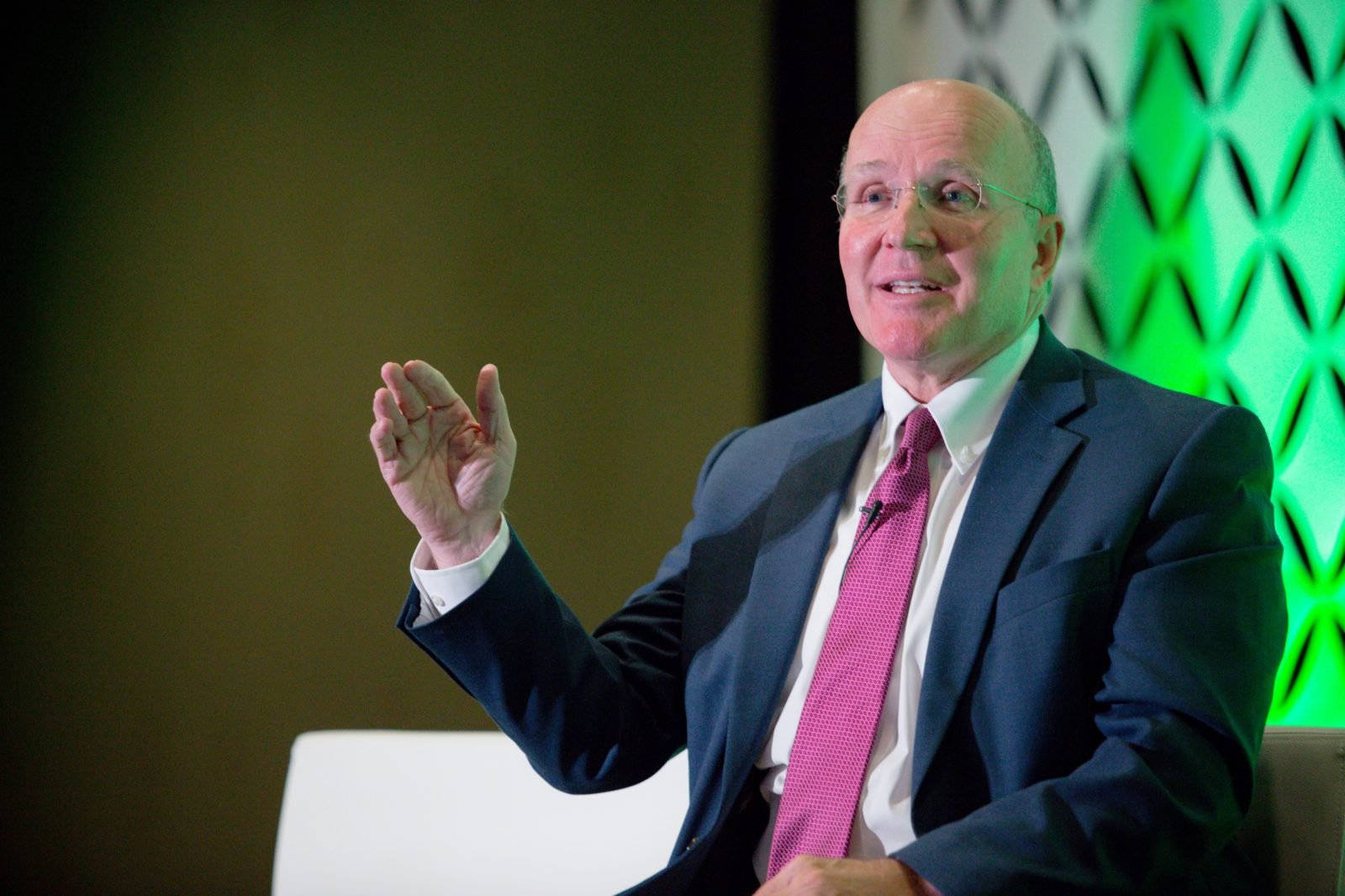Ron and Ed welcomed Hector Garcia, CPA to the show. We talked about the business model for professionals and all things technology including AI. Hector is a long-time listener and has put many of the ideas we talk about into practice at his organization Quick Bookkeeping of Miami LLC, a family owned practice that has been helping small business with their tax and accounting needs for over 13 years in Doral and all over the world. His YouTube channel has over 222,000 subscribers.
A Bit More About Hector…
Hector Garcia is a Certified Public Accountant (CPA), licensed in Florida; entrepreneur, and YouTuber who specializes in providing educational content on accounting, finance, and business management. He has a strong online presence through his YouTube channel and Facebook Groups, where he shares tutorials, lectures, and expert advice on a variety of topics, including QuickBooks, tax preparation, financial analysis, and small business management. Hector holds several Master/Post-graduate degrees in Accounting, Finance, and Taxation from Florida International University. He is also Certified Advanced QuickBooks ProAdvisor. He is also the founder and current CEO of Quick Bookkeeping & Accounting LLC, a Miami-based firm founded in 2009.
You can find Hector at these links:
YouTube
Facebook Group
LinkedIn
Right Tool
Use these notes to follow along with the show
Segment one:
Hector started in technology working for GeekSquad! From there, at a bank he found his passion for technology and banking. Yada. Yada. Yada. He is now a business owner and guest on The Soul of Enterprise! More here: https://hectorgarcia.com/
What Hector really loves is empowering people to take control over their own lives — to have confidence in their work and the decisions they make in their business. His YouTube channel is great. https://www.youtube.com/c/HectorGarciaCPA
“I help people take more vacations.” —Hector Garcia CPA
Hector’s YouTube channel is mostly focused on business, profitability, and accounting. However, the channel is a reflection of his life and features a few videos with his children as well. https://www.youtube.com/c/HectorGarciaCPA
So what about ChatGPT? Hector uses it to get a head start on some of his work. For example, he has used it to help draft small agreements for customers. Then he asks those customers to send it to lawyer and saves them some time (and money).
Segment two:
What are Hector’s thoughts on accounting industry labor shortages? Every tax season is like a punch in the face. “The next one will be my last.”
“If you are able to charge your client as a percentage of the value you create, it gets a lot easier to compensate your employees proportionately. The problem we have is many firms bill by the hour.” —Hector Garcia CPA
“Everyone knows that if you jump from firm to firm, you can increase your salary but staying in the same firm you only get an inflation adjustment. Why have we — the accounting industry — not addressed this problem with dynamic compensation plans?”
Segment three:
Hector is obsessed with the “magic prompt” that makes ChatGPT more than a novelty. He started asking ChatGPT to write code for him so that he could speak in the same language as his programmer.
1/2 Bank statements from clients have lots of transactions and many are unknown. Right now, you have to take an unknown transaction and use Google to figure out the detail. It could take you 10 minutes to figure out what a single $37 transaction might be for.
2/2 So can you use ChatGPT to speed this up? Through some quick prompt engineering, Hector finds it is much quicker to research unknown transactions in this way.
Let’s say you could plug in your tax software and data into ChatGPT. “Hey, which of my clients own a home?” “Which of my clients has international income?” It could go through your entire dataset and scour it for answers to complex questions.
Segment four:
What made Hector want to transition his firm to a subscription billing model? Listening to Ron and Ed for many years certainly helped!
In the coming months, Hector’s firm will be on the forefront of technology as they change and evolve. The only way to do this with predictable revenue is through the subscription model.
That’s a wrap! Thank you VERY MUCH to Hector Garcia, CPA for joining us today. Check out more of his work on YouTube at https://www.youtube.com/c/HectorGarciaCPA
Bonus Content is Available As Well
Did you know that each week after our live show, Ron and Ed take to the microphone for a bonus show? Typically, this bonus show is an extension of the live show topic (sometimes even with the same guest) and a few other pieces of news, current events, or things that have caught our attention.
Click the “FANATIC” image to learn more about pricing and member benefits.












